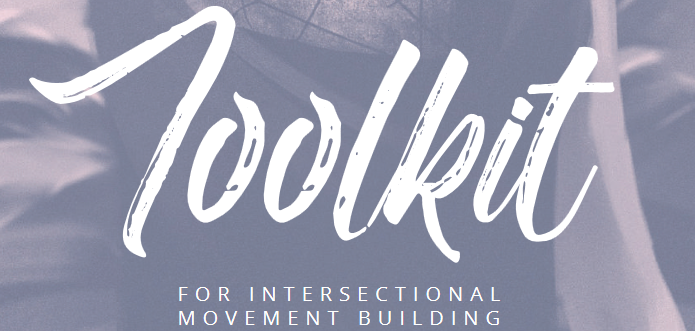The first steps towards an intersectional approach to our work began in 2015, when YFoEE activists identified several barriers to active engagement with our network and with wider social movements, including financial, unemployment labels, racism, patriarchal practices. The new vision of YFoEE was born then – a vision of a local and international movement without barriers to engage young people with physical and invisible disabilities, young people regardless of their gender and social class identities and regardless of their skin colour, sexuality, and geographical limitations and so on… We wanted to burst out of the typical, privileged European student bubble and learn how to use our privileges to empower others, as we understood that we won’t be the first ones to suffer from the consequences of climate change. To deal with varying expectations of what this will mean to us, the same year the network decided to develop a Manifesto for Equality & Interculturalism outlining the values that we stand for. After two years of development a couple of generations of activists contributing, many YFoEE events to collect input from all over Europe, it was adopted by the whole network in 2017.
But our journey didn’t stop there. There was a common understanding that implementing these values will not end with adopting the manifesto, of which a substantial part was the theory of intersectionality. We understood intersectionality as a framework to fit in all the other terms defined within the manifesto, and from our perspective to look more specifically at how different environmental injustices interact with different identities of people. With this our member groups have started exploring how anglophone-derived terms within the manifesto (such as sexism, social class, etc.) would apply in the contexts of their countries, where some of these terms might not exist (yet) or have different meanings. There was also a substantial need to define concrete practical actions and new ways of working in each country to use the knowledge of the manifesto.
In 2018 YFoEE has put all its efforts to provide concrete training for our member groups on using the intersectional framework in the activities and campaigns they run. It was a great first step to build confidence of our groups and individual volunteers, with immediate results: YFoE groups from Scotland to Cyprus and from Finland to Spain have since run workshops on intersectionality in their countries, adapted to their local contexts. As an outcome of this work, YFoEE and its network of beautiful member groups and committed volunteers have created a Toolkit for Intersectional Movement Building.
Toolkit For Intersectional Movement Building
This toolkit is full of articles, tools and case studies coming from the three-year journey YFoEE has taken. It is filled with volunteer initiatives, thoughts and personal experiences. We know it is still missing a lot of concrete tools that can be used in workshops; it is still missing a bunch of articles on how climate change intersects with identities, which are not yet mentioned in this toolkit; it is not perfect, but it is our first step and we won’t be stopping here. Exciting plans are constantly being created in our voluntary working groups and in our member groups and we are focusing our efforts to build inclusive and impactful local environmental justice campaigns which serve the most impacted.
We would like to thank to volunteers, artists, designers, staff and others who were involved in the development of the toolkit. We would also like to thank to ‘LABO’ and ‘Tripod’ training collectives as well as all other trainers/speakers/activists who have supported us throughout the 3 years journey towards intersectional and strong environmental justice youth movement.


